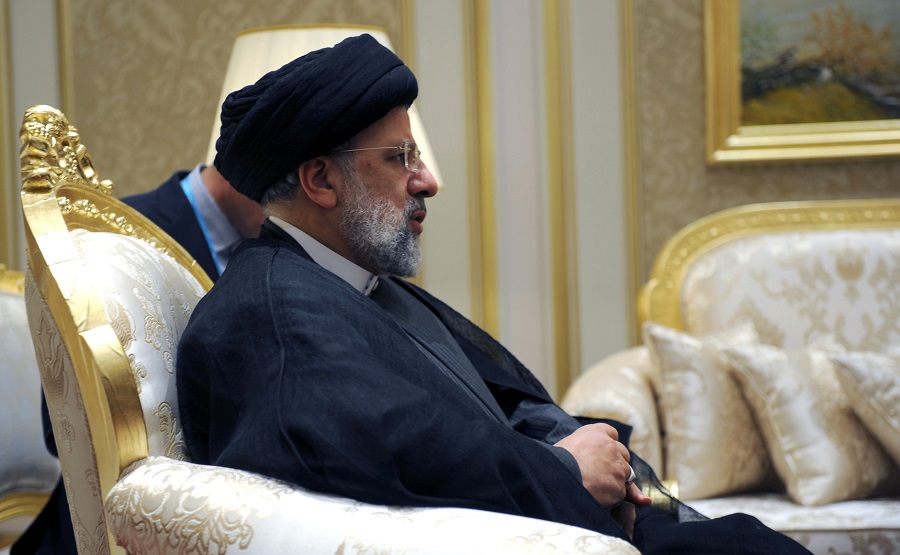Iranian President Ebrahim Raisi Dies in Helicopter Crash
Tehran, Iran – In a tragic turn of events, Iranian President Ebrahim Raisi, a hardliner seen as a potential successor to Supreme Leader Ayatollah Ali Khamenei, died on Sunday after his helicopter crashed in poor weather near the Azerbaijan border. The crash also claimed the lives of Foreign Minister Hossein Amirabdollahian and six other passengers and crew, according to officials and state media.
The charred wreckage of the US-made Bell 212 helicopter was discovered early Monday after an overnight search through blizzard conditions in the Varzeqan region north of Tabriz. Supreme Leader Khamenei announced that First Vice President Mohammad Mokhber would assume the role of interim president, as reported by IRNA, the official news agency.
Messages of condolences have poured in from regional neighbors and allies, including Saudi Arabia, Syria, Egypt, and Russia. Russian President Vladimir Putin called Raisi “a true friend of Russia
Khamenei expressed his condolences and declared five days of public mourning. “I offer my condolences to the dear people of Iran,” he said in a statement.
Under the Islamic Republic’s constitution, a new presidential election must be held within 50 days. Mokhber, closely aligned with Khamenei, will serve as interim president during this period. Deputy Foreign Minister Ali Bagheri Kani has been appointed acting foreign minister following Amirabdollahian’s death.
State media showed footage of the crash site with wreckage scattered on a foggy hillside. The cause of the crash remains unclear, though poor weather conditions are suspected. An Israeli official denied any involvement, stating, “It wasn’t us.”
Messages of condolences have poured in from regional neighbors and allies, including Saudi Arabia, Syria, Egypt, and Russia. Russian President Vladimir Putin called Raisi “a true friend of Russia,” while Indian Prime Minister Narendra Modi expressed his deep shock and sadness. Western reactions have been more muted, with the European Union and Japan offering condolences.
Raisi, 63, was elected president in 2021 and was a key figure in Iran’s political landscape, known for his hardline stance and efforts to tighten morality laws and crack down on anti-government protests. His death is a significant blow to the Islamic Republic, described by the exiled opposition group, the National Council of Resistance of Iran, as a “monumental and irreparable strategic blow.”
The helicopter crash and subsequent leadership transition occur at a critical time for Iran, which is grappling with economic challenges and ongoing tensions over its nuclear program. Raisi’s death may affect the political dynamics within the country and its approach to both domestic and international issues.
Rescue teams battled harsh weather conditions to reach the crash site. “With the discovery of the crash site, no signs of life have been detected among the helicopter’s passengers,” said Pirhossein Kolivand, head of Iran’s Red Crescent, on state TV.
In response to the tragedy, national broadcaster IRIB suspended regular programming to broadcast prayers and tributes for Raisi. Video footage showed rescue teams navigating the mountainous terrain in a blizzard, searching for survivors.
The death of President Ebrahim Raisi marks a significant moment in Iran’s history, prompting both national mourning and international reactions. As the country prepares for a new presidential election, the impact of Raisi’s policies and leadership will be closely scrutinized, and the future of Iran’s political landscape remains uncertain.



